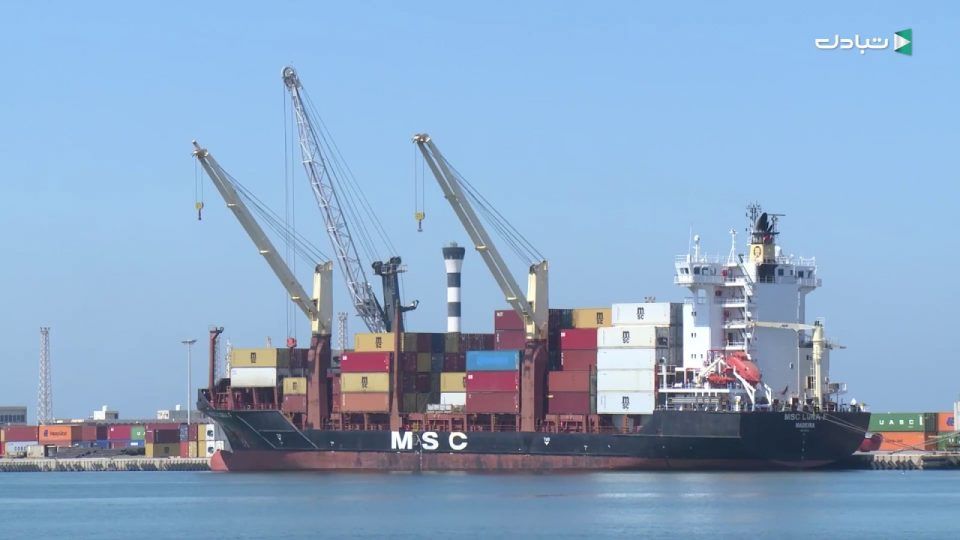Mohamed Raied: adjusting food and meat prices is not implementable
In a televised interview for Libyan WTV channel yesterday, the Chairman of the Economic Committee of the House of Representatives (HoR), Mohamed Raied considered that the resolution of the Ministry of Economy on adjusting food and meat prices is not implementable.
Raied noted that he did not approve the resolution during the ministry’s first session as that would worsen citizens’ situation, especially amid the current circumstances the state is going through.
He also said that the current crises could only be solved by opening of Letters of Credit and adjusting the exchange rate.
Raied blamed GNA’s Presidential Council for not having considered the private sector in most of its decisions.


